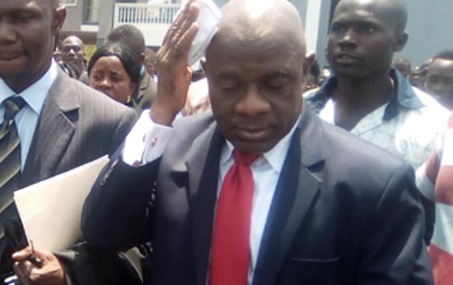In my opinion, the proposal to reappoint Kabineh Ja’neh to the Supreme Court Bench has deeply polarized Liberia, and for valid reasons. While Rep. Musa Bility and the Nimba County Legislature Caucus argue that there’s a vacancy due to Justice Joseph Nagbe’s passing and view Ja’neh as the most suitable candidate, there are significant reservations about this choice.
Ja’neh’s past association with the rebel group, the Liberians United for Reconciliation and Democracy (LURD) and allegations of involvement in civilian killings during the rebel attack on Monrovia are serious concerns. The atrocities linked to him, including the Newport High campus massacre and rocket attacks near the US Embassy, cannot be overlooked. His role as a senior official in LURD adds weight to these concerns.
Opponents rightly point out that Ja’neh’s appointment would raise constitutional and ethical questions. A judiciary must be impartial and free from individuals with contentious pasts. Appointing someone with a history of criminal and violent activities to a position of power would send a detrimental message to the Liberian people and compromise justice for conflict victims.
President Joseph Boakai faces the challenging task of weighing these concerns against Ja’neh’s nomination. The pushback against this appointment is not merely about opposing an individual but about advocating for accountability, justice, and a brighter future for Liberia. With growing calls for a war and economic crimes court, it’s crucial that public appointments reflect the values and aspirations of the Liberian people.
Considering Ja’neh’s history and the Truth and Reconciliation Commission (TRC) recommendation to debar him from holding public office for 30 years, it’s clear that he does not deserve a public appointment. President Boakai should heed the voices of his constituents and prioritize the country’s progress and justice over controversial nominations.







